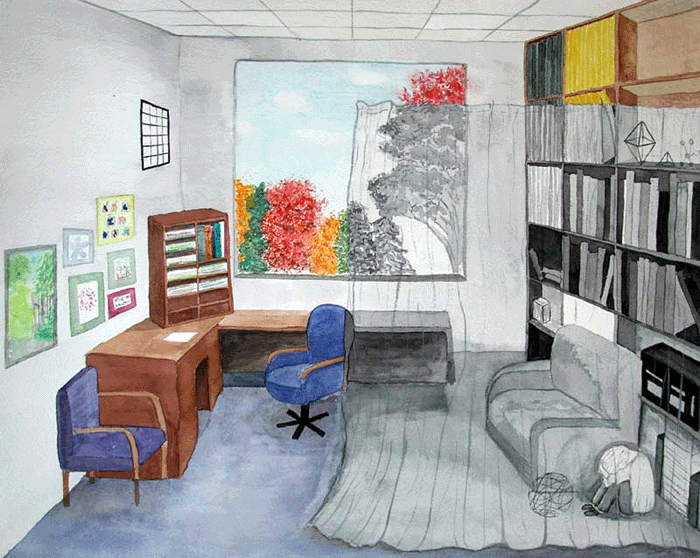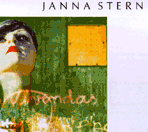Serendip is an independent site partnering with faculty at multiple colleges and universities around the world. Happy exploring!
Mental Health
|
E X P L O R I N G
|
||
|
Encouraging productive interaction among people from diverse perspectives, promoting new and continual exploration of issues relating to mental health and broader issues relating to the body/brain/mind/self, and facilitating the new openings which emerge from the sharing of perspectives.
|
|||
What's newFebruary 2007 - These pages originated in 2001 with the objective of providing a broad base of resources for all aspects of mental health (click here for access to prior materials). We have reorganized materials to focus on four areas:
|
|






Comments
Nice and helpful! Glad that
Nice and helpful! Glad that you shared this useful information with us. Please keep us up to date. Thanks for sharing!
Thanks
Thanks for your nice article.
There are two main classifications of MH issues. ICD-10 and DSM-IV. ICD is a taxonomy of all health related conditions and diagnostic criteria and is varied from country to country (which kinda makes the ‘International’ nomenclature redundant). DSM is MH specific and has developed into a multi-axial tool to aide in a brief summary of clinical presentation. It is praised and criticised in equal measures.
This post is about exploring the DSM and how the axes are currently used with a proposal for a new way of using the DSM in determining need for health care interventions. I may be out of sync with other places internationally that have already taken this pathway - or similar - but I’ve not seen anything thus far to lead me to think so. Let me know.
hi,guys I think about this
hi,guys I think about this is a term used to describe either a level of cognitive or emotional wellbeing or an absence of a mental disorder.and perspectives of the discipline of positive psychology or holism mental health may include an individual's ability to enjoy life and procure a balance between life activities and efforts to achieve psychological resilience.Mental health can be seen as a continuum, where an individual's mental health may have many different possible values. Mental wellness is generally viewed as a positive attribute, such that a person can reach enhanced levels of mental health, even if they do not have any diagnosable mental health condition.
Rocky
Addiction Recovery Washington
Post new comment